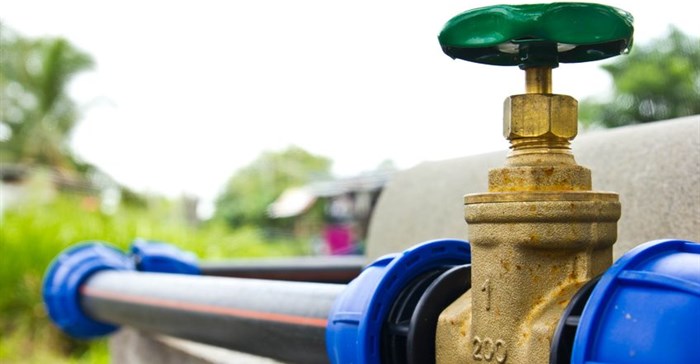The country's "chronic" shortage of engineers in municipalities is having a detrimental effect on the quality of drinking water and the ability of municipalities to prevent crippling water losses.
This is according to Manglin Pillay, CEO of the SA Institution of Civil Engineers, who was speaking after the release of a damning report into the state of the country's water services last week.
The "Municipal Benchmarking Initiative" report from 2015 - compiled by the SA Local Government Association and the Water Research Commission - found that the country did not have even 10% of the number of engineers required to run its municipal water networks effectively.
There were, according to the findings, just 0.4 engineers to every 100,000 people, a far cry from the five per 100,000 Saice says South Africa needs.
The report states: "There is a chronic shortage of municipal engineers in South Africa.
"Of great concern is that municipalities have a significant infrastructure asset but do not have the engineering capacity to manage it."
A short-term target of 0.9 engineers per 100,000 people had been set, a number that the report calls "far from ideal".
Pillay said: "There are absolutely dire consequences. If there are no engineers then nobody is doing any planning - and planning isn't for a year or two - it's for 20, 30 or 40 years down the line."
The shortage meant that infrastructure was not properly maintained and programmes were inadequate, he added.
Councils were struggling to deal with high levels of water wastage, the report said.
Source: The Times



























